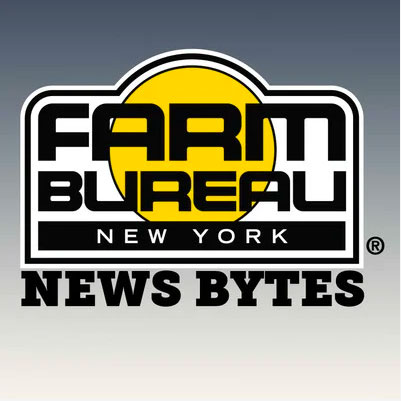Grievance Day is Approaching, Are You Prepared?
Every year, once a year, usually the fourth Thursday in May, landowners may contest their agricultural property assessment, known as Grievance Day. Property assessors spend March and April completing the tentative assessment role that outlines the proposed assessed value for all properties. Landowners have only a few weeks to review the assessment and then contest this proposed value on Grievance Day.
When is Grievance Day?
- Grievance Day typically falls on the fourth Tuesday in May. However, this date can vary for each municipality. Please confirm the deadline with your local assessor’s office.
Where can I find my property assessment?
- Your local municipalities’ website. State law requires towns and cities to make assessment rolls available on the internet and provide a link to the information on their home pages. Landowners should check their respective local municipal online assessment rolls list which outlines each property’s assessed value, estimated market value, and exemptions.
What if I think the property valuation is incorrect?
- There are two levels of review for an assessment: Administrative review and Judicial Review. Administrative review is the “grievance” process, and your first step. This will be the focus of this article. Judicial review can only be used after you first pursue administrative review. In Judicial review, you have two options: Small Claims Assessment Review (SCAR) and/or tax certiorari proceedings in State Supreme Court. You may want to consult an attorney for any judicial review proceedings.
- The property owner is entitled to file an assessment grievance. Assessors are supposed to notify landowners if there has been a change in assessed value. However, failure to receive said notice does not invalidate the assessment. It is to be noted that landowners cannot grieve the land assessment, they can only grieve the total assessment.
Can I use Grievance Day to contest my property taxes?
- No. Assessors do not determine your property taxes. If you feel your property taxes are too high, reach out to your local taxing jurisdiction that imposes taxes in your community such as the school board, county legislature, city council, town board, fire district and other special districts.
Does it cost anything to grieve an assessment?
- No, the administrative review process does not have any associated costs, and it does not require the use of a lawyer.
I would like to grieve my assessment, what are my next steps?
- It is first recommended to reach out to and set up a meeting with your local assessor. When you attend this meeting, come prepared with assessed values of similar properties. If at the end of this meeting you do not receive satisfactory results, you may have your case considered by the Board of Assessment Review (“BAR”).
- When requesting a review by the BAR, the farm must state specific reasons as to why they are challenging the assessment. These may include: unequal assessments, excessive assessments, unlawful assessments, or misclassification. Be prepared to explain why the proposed assessment is incorrect. You may gather this information from other assessors who have agricultural experience, or other local farms and their assessments.
- To have a proposed assessment value reviewed by the BAR on Grievance Day, landowners must submit a RP-524 form to their assessor prior to Grievance Day for each parcel where the assessment is being challenged. Check with your municipality to confirm the deadline of the RP-524 form.
The RP-524 form is available at www.tax.ny.gov or from your local assessor’s office. After you have filed the form, you may also have the opportunity to present a case in front of the BAR. If you fail to submit this form, you effectively waive your right to be heard by the BAR.
What is the Board of Assessment Review (BAR)?
- The BAR consists of three to five members appointed by city council, town board, or village board. It cannot consist of the assessor or any other staff from the assessor’s office.
- The BAR is in every municipality.
- The BAR has the authority to review and revise the tentative assessment for properties made by the local assessor.
- Usually, each BAR meets on the fourth Tuesday of May to hear from landowners who believe their land has been assessed incorrectly. This may vary by municipality. Check with your local municipality.
- The BAR may require the landowner or the landowner’s representative to appear personally or submit additional evidence. If the landowner refuses to appear or answer any material question, they will not be entitled to a reduction in assessment.
Who has the right to attend a formal BAR hearing?
- Assessors are required to attend the formal hearings of the BAR and have the right to be heard on any assessment challenge.
- Landowners have the right to attend the hearing of the BAR to present statements and or documentation evidence in support of their grievance. They may appear personally, with or without an attorney. If you choose to be represented by an attorney, you are to authorize the attorney to appear on your behalf.
What happens after a BAR hearing?
- You will receive a notice of the BAR’s determination and their explanation, except in the situation where the BAR ratifies a stipulated assessment.
- If the BAR did not change the proposed assessment value, the landowner’s final recourse is to take legal action through judicial review against the local municipality. You can only pursue legal action if you first went through the BAR process.
The information contained in this article is provided for informational purposes only. It is not intended to be, nor should it be considered, a substitute for legal advice rendered by a competent attorney. If you have any questions about the application of the issues raised in this article to your particular situation, seek the advice of a competent attorney.
For More Info
Please visit www.tax.ny.gov or view the PDF booklet at https://tinyurl.com/nys-grievance



